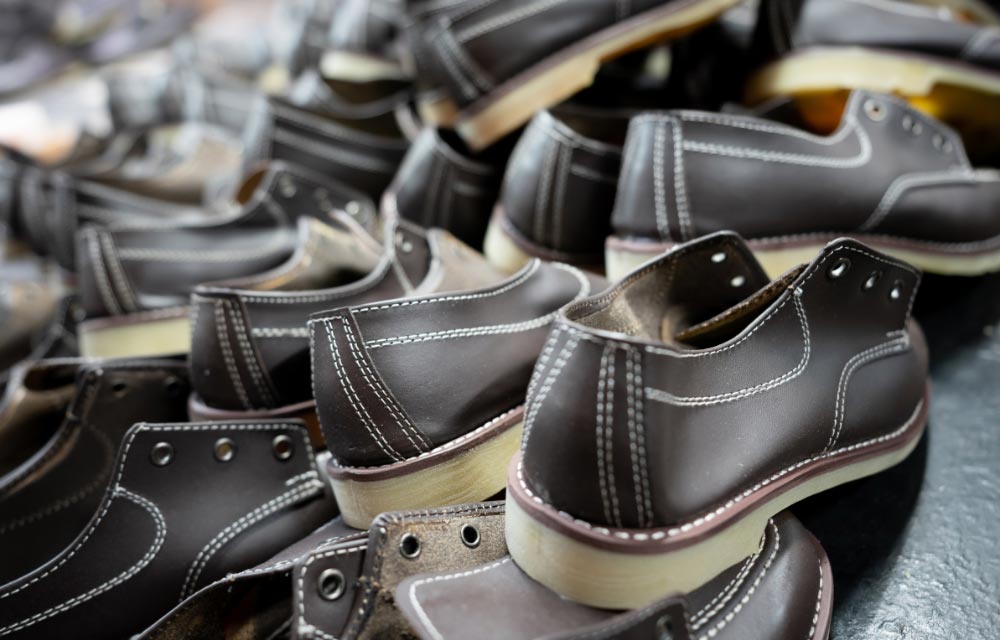Shoe manufacturer celebrates 20 years…plans to add 1 000 jobs

COSTHAM Trading began with two machines in 2003; now, 20 years later, the company has 60 machines in two factories and produces over 2,5 million pairs of footwear per year.
Since 2020, the company has been on an expansion drive which saw it opening a new factory in Chitungwiza this year.
“At our first factory in Gleneagles, we were doing close to 50 000 pairs per week but demand was high and we had to open another factory,” projects manager, Fortunate Bauleni told The Financial Gazette last week.
“Up to this point, most of our shoes have been made of PVC (polyvinyl chloride) material, that is canvas, ladies’ pumps, school shoes and gum boots.
“The new factory is focused on PU (polyurethane) material, which is another material that will give us more options in terms of the design of shoes that we can produce.
“The shoe market is very competitive and you always have to keep up with trends, so this new investment will help us to do that,” Bauleni said.
She said the new factory in Chitungwiza employs about 100 people, bringing the company’s total staff complement to 600, across its two factories.
“If the business continues to grow as we have seen in the past few years, we should be able to create about 1 000 more jobs in the short to medium term.”
Costham has invested more than US$20 million over the past two decades and Bauleni says the investment landscape in the country has “improved significantly” over the lifetime of the company, which is owned by Chinese and Zimbabwean nationals.
“We get the sense that the government is very intentional about making the environment more appealing for investors.
“Our interactions with ZIDA (Zimbabwe Investment and Development Agency) have been refreshing.
“Their one-stop system has really simplified business in Zimbabwe.
“ZIDA has been very helpful with all the queries that we have had with our recent investment and licensing was very efficient and quick,” Bauleni said.
After enduring two episodes of hyperinflation in Zimbabwe and countless cycles of currency volatility, Bauleni said Costham was well-placed to thrive in the relative stability that has been seen in the economy lately.
“The government’s decision to extend the multicurrency regime to 2023 is also welcome because it brings more certainty about the currency in the medium term and allows businesses to plan.
“It also supports stability while we work towards establishing the Zimdollar as an effective medium of exchange.”
Bauleni said Costham’s achievements have been in spite of a number of challenges in the economy, including power cuts, which she said have significantly held back operations.
“Power is a big challenge for manufacturers in Zimbabwe and it’s the same with us.
“We use generators when there are power cuts, but our generators cannot keep all the machines running so, we lose hours and our production is cut back.
“Running generators is also more expensive than running the factories on the grid, so this has been a major challenge for us and we hope it gets resolved soon,” she said.
She noted that the second factory was placed in Chitungwiza partly because the power supply there is better than in most places.
“We have also had challenges with water, but we were able to deal with this relatively easily by sinking boreholes at our factories,” Bauleni said.
These bottlenecks have not kept Costham from giving back to the community though. Bauleni said the company donates to orphanages and special needs schools every month.
“We are also very strict on ourselves about sustainability.
“We use a lot of recyclable materials in our processes and we avoid waste at all cost, not just to maximise our profits, but to do our bit for the environment,” she added.

